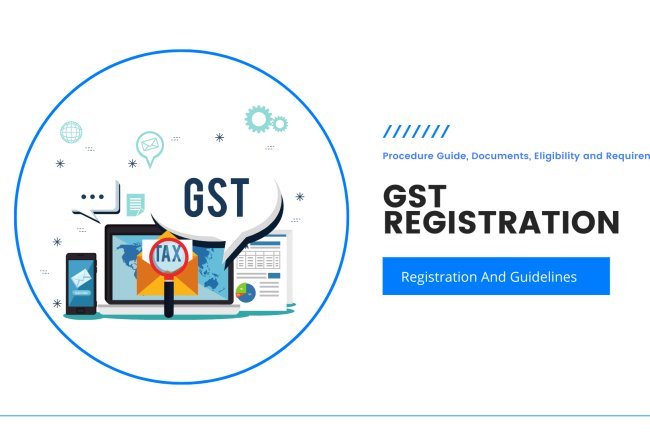How to Overcome Procrastination:
Procrastination will make you move slower and increase stress, but simple strategies will overcome this problem. Identify first the reason why you procrastinate, be it fear of failure, want to succeed, or even being stressed. You have to break up big tasks into smaller and easier ones that can give you a goal with a clear vision. You could also use the time management technique called the Pomodoro Technique where you have intense short work sessions followed by break sessions. Make a list of to-dos or organize a priority matrix and concentrate the most important on the essential, or what may be most basic. Minimize distractions by setting up a quiet workspace that should not include checking social media or any unnecessary application. Practice discipline through self-governance while rewarding oneself, and being responsible for oneself. Achievements rather than an achievement mindset for one's thought and believing and having the impression that learning and improving are much strong
Procrastination is a very common problem affecting people from all walks of life. It's all about eliminating urgent tasks, that cause stress, missed deadlines, and low productivity. To overcome procrastination, you have to think strategically and change your behavior. Overcoming procrastination will improve academic and professional performance in tax preparation, GST, or an accounting course. Here are some steps you can take to break this cycle and get your goals done:

Understand the Root Cause of Procrastination
Before one tries to address procrastination, one needs to understand why it happens:
- Fear of Failure: A daunting task may make you doubt your abilities, leading you to avoid it.
- Perfectionism: Striving for perfection can delay the start of a task.
- Lack of Motivation: It becomes hard to get started if tasks are not interesting or irrelevant.
- Poor Time Management: There are high chances that one's priorities go out of control if plans are not in place.
Identifying the cause enables you to deal with it appropriately and to build a positive attitude towards your duties.
Create a Well-Planned Approach
The absence of structure is one of the biggest challenges in procrastination. Creating a plan makes tasks seem organized and, hence less intimidating.
- Task Prioritization: The Eisenhower Matrix can differentiate between urgent and important tasks.
- Dividing Large Tasks: Large tasks can be broken down into actionable steps. Take the example of studying for an accounting course- focus on one chapter or topic at a time.
- Setting deadlines: Even in tasks where you do not need to have strict deadlines, providing one will motivate you to do something.
Use Time Management Tools
Time management is a skill that can help fight procrastination. There are many tools and techniques that can keep you on track:
- Pomodoro Technique: Work for 25 minutes and then take a 5-minute break to maintain focus.
- To-Do Lists: Write down daily goals and tick them off as you complete them.
- Digital Apps: Tools like Trello, Asana, or Notion can help manage projects and deadlines effectively.
These approaches are really useful in balancing more than one responsibility like doing taxation or studying for the GST course test.
Maintain a Positive Outlook
Mindset has much to do with dealing with procrastination. If you maintain an optimistic outlook, then you become more productive and robust:
- Concentrate on Growth: Challenge and growth always go hand-in-hand, as the best option for any student would be growth instead of challenge.
- Practice Gratitude: Reflect on your achievements and the progress you’ve made so far.
- Visualize Success: Imagine the benefits of completing tasks, whether it’s acing an accounting course or achieving professional milestones.
Eliminate Distractions
Distractions are a significant factor in procrastination. Creating an environment conducive to focus can make a big difference:
- Designate a Workspace: Have a dedicated area for studying or working.
- Reduce Digital Distractions: Turn off notifications or use apps to block distracting websites.
- Establish Boundaries: Inform family and friends when you require uninterrupted time.
Develop Accountability
Accountability will motivate you to remain consistent and achieve your objectives:
- Find a Study Buddy: You can easily stay motivated with someone pursuing the same goals.
- Share Goals Publicly: Inform friends or family of your deadlines.
- Hire a Coach or Mentor: You can hire a professional to guide you and keep you on track, especially in special fields such as a taxation course.
Reward Yourself
Rewards will make you want to stay on track. After accomplishing a task, reward yourself for the behavior:
- Small Treats: Take a coffee break or watch an episode of your favorite show.
- Bigger Rewards: Plan a special outing or purchase after achieving significant milestones, like completing a certification in accounting.
- Celebrate Progress: Recognize even small achievements to maintain motivation.
Adopt Healthy Habits
Good physical and mental health is essential to productivity and combating procrastination:
- Exercise Regularly: Physical activity boosts energy levels and reduces stress.
- Balanced Diet: Healthy nutrition can help improve concentration and overall health.
- Enough Rest: Rest is essential for maintaining concentration and effective decision-making.
A healthy routine helps one remain positive with challenges, thus helping to stay disciplined.
Self-Compassion
Self-criticism arises out of procrastination. However, self-compassion can stop this vicious cycle:
- Mistakes happen: Everybody procrastinates sometimes.
- Stop Negative Self-Talk: Replace critical thoughts with affirmations.
- Focus on Improvement: Concentrate on what you can do better moving forward.
For instance, if you miss a deadline, remind yourself that it is a learning opportunity and plan better next time.
Apply These Strategies to Your Learning Journey
Procrastination can work against professional development. Here is how to adapt the methods to your advantage for learning:
- Define clear goals of what you wish to achieve from each course.
- Create a study schedule that designates time for lessons, practice, and revision.
- Consistency is key: Study at least a fixed number of hours every week.
- Seek Support: Go for forums or groups of fellow participants about the course.
By beating procrastination, one can finish these courses lucratively, unlocking the doors to even more corporate opportunities.
Conclusion
Procrastination is a habit, and it stands as an obstacle between you and your realization. Understanding its very root causes and working on strategies such as planning, time management, and keeping a mindset positive enables successful combat against it.
What's Your Reaction?




















